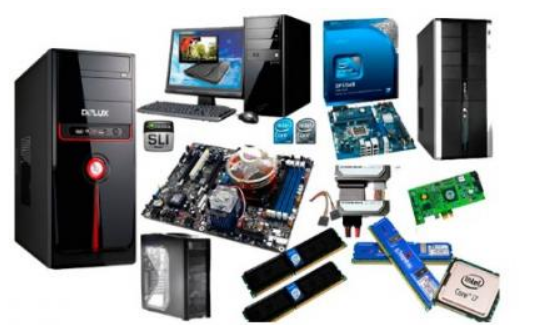Computer hacking: Creating a Safe Space for All Users
Computer hacking is the attempt to gain access to a computer’s internal private network or system. In the context of digital devices like computers, smartphones, tablets, and even entire networks, hacking refers to actions that aim to breach those systems. Even though hacking may not always have evil intent, in modern times the majority of references to the subject refer to hackers and describe their illegal behaviour as being carried out by cybercriminals for a variety of reasons, including monetary gain, social protest, information collecting (spying), or even just for the “fun” of the task. Hackers use a variety of methods to gain access to computer systems and networks. Connectivity also brought various dangers. Sadly, hacking risks are becoming far more serious and sophisticated.

Computer hacking
Protecting yourself from computer hacking
Most businesses rely on the internet, despite the prevailing rate of hackers. There are various tips that users or organizations can apply to prevent or limit their risk of being hacked. However, these factors do not necessarily limit your chances of being hacked. One can consider:
Antivirus Software
Hackers are continuously searching for security flaws or gaps that have not yet been identified or corrected. Antivirus software acts as an immunizer when it comes to computer hacking. The software is specifically created to shield computers and mobile devices from malicious software. Your computer is protected from malicious software and unauthorized code by antivirus products like Bitdefender, Panda Free Antivirus, Malwarebytes, and Avast. This can stop connections to harmful phishing websites as well as detect and eliminate malware. By identifying real-time threats and preserving your data, antivirus software is crucial to safeguarding your machine. Some cutting-edge antivirus systems offer automatic updates, further safeguarding your computer against the fresh viruses that appear every day. The software can delete the file after finding it. Don’t forget to use an antivirus program after installing it. To keep your computer contagion-free, run or program routine contagion reviews.
Software Update
Moreover, the single effective method for defending against cyber-attacks may be software updates. Security patches that can close holes that hackers could exploit are frequently included in software updates. When a software update appears, it signifies the developer has updated the program with new features or security updates that prevent malicious users from exploiting security flaws. These flaws could be strange code errors (it’s difficult to write software correctly), or they could simply be unanticipated routes a hacker could take to gain access. Henceforth, it is important to make sure that the latest software is always up to date.
Use strong passwords
Logging into all of your online accounts with the same email address or password is a risk. Given the growing amount of online accounts we’re expected to handle today, it makes sense if you’re concerned. However, almost everything in the modern digital world is available online, thus it is your job to safeguard your identity, personal data, and financial accounts against hackers. To add on, hackers have apps that can access your other accounts if they learn one of the passwords you use for several services. It’s excellent practice to use a different, strong password for each of your accounts, but your email and other online accounts that are connected to your finances or health should be your top priorities. You run the risk of losing your information if you use the same password for several accounts. Always make sure that your passwords are different, long and complicated to write.
Be careful about what you click on and what attachments you open
Furthermore, it is important not to just open links or attachments from untrusted sources. Some of the links and attachments are infected with malware. Cybercriminals’ standard technique is to send out a bulk email with an attachment or a link. Always double-check the links before clicking on them, after you are sure about the link you can click on them. The intention is to deceive the recipient of the email into opening the attachment, clicking the link to a website that might be infected with malware, or providing sensitive information like credit card details. Some of the red flags when it comes to links include checking the sender’s email address, typos or personal information being requested.
Final Thought
With technological advancement, it seems as though there is always some major data breach to report. The chances of being hacked can be reduced if the users apply tips such as using strong passwords, software updates, antivirus and choosing carefully the links and attachments which are sent. Only incompletely can antivirus software help in baffling hackers. Antivirus software is a vital part of your digital security even though it doesn’t provide 100 percent protection against hackers. Using strong and different passwords has helped many users from being hacked.








